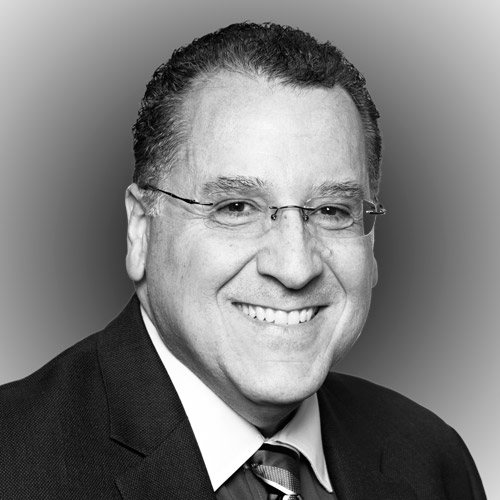Maserati sold 13,411 cars in North America in 2014, a 169 percent increase over 2013. Worldwide sales totaled approximately 36,500 cars, a 136 percent increase. Both marked historic highs. Though this explosive growth was a novel experience for many of the company’s executives, it was old hat for David Cordero, vice president, secretary, and general counsel of Maserati North America.

Early in his career, Cordero had worked at the multibillion-dollar clothing company Ralph Lauren before joining BMW to head up the consumer litigation department in the luxury automobile business. “When I started at BMW in 1986, they were selling approximately 35,000 cars a year in the US,” Cordero says. “By the time I left twenty-six years later, annual US sales were over 300,000.”
Cordero had planned to retire at that point, but then he received an offer he couldn’t refuse from Maserati. “I had been part of the growth at BMW and was excited by the prospects at Maserati,” he says. “It is such an iconic and attractive brand, and they were planning to grow exponentially. Who wouldn’t want to be part of this company at this time?”
Founded in Italy in 1914 by four brothers, Maserati’s current renaissance began when Fiat, its parent company, sold a 50 percent share to Ferrari. The latter dedicated considerable resources to Maserati, including a $200 million upgrade of its 1940s-era factory in Modena, Italy, making it one of the most advanced, small-series luxury automotive plants in the world.
In 2002, the company returned to selling cars in the United States after an eleven-year absence. (It had abandoned the market in 1991, after owners complained of unreliable cars and uncaring dealers.) The company opened its North American headquarters in Englewood Cliffs, New Jersey, in 2012, and increased its dealer network by nearly 65 percent between 2013 and 2015.
Cordero joined the company in January 2013 and is responsible for all legal issues throughout the United States, Latin America, and Canada. He helps management identify and steer clear of legal risks. “I continuously need to provide advice, guidance, and support on company strategies and help implement policies and procedures to further establish the organization,” he says.
As for many global companies, geographic-based challenges emerge for Cordero and the leadership team. Each country has very specific and stringent laws and regulations, and Cordero says it is his duty to stay at the forefront of all of the codes and requirements and communicate them to the relevant divisions in a timely and efficient manner to maintain the brand built on rare, exclusive cars.
And Cordero does it with just one direct report. “Believe it or not, for my first couple of years, I was the sole attorney in the company, though I utilized the services of many talented and knowledgeable outside counsel,” Cordero says. “I also focused on building teams within the organization.”
Now, Cordero has one other attorney reporting to him, with whom he shares an administrative assistant. It’s not exactly what you’d expect for a company that generated €2.7 billion in revenue in 2014, but Cordero clearly relishes tackling everything that comes his way. “I’ve always liked rolling up my sleeves and doing whatever it takes to get the job done,” he says. “I take ownership of the challenges at hand, while always striving to act with integrity, dignity, and fairness. I also try to instill optimism in the people with whom I work.”
Cordero believes one of the main factors behind the company’s phenomenal growth is the popularity of the Ghibli, a sport sedan that was first introduced in 1992. It can be equipped with all-wheel drive and is the first Maserati vehicle with a starting price of under $100,000—selling for approximately $66,900—both of which attract a younger demographic than the company’s
traditional customer.
And Maserati hasn’t stopped there. In 2005, it introduced the Quattroporte, a name that means “four doors” in Italian and is Maserati’s only four-door car. Cordero says the company also plans to introduce its first SUV, the Levante, this year.
To ensure its new offerings don’t go unnoticed, Maserati has dramatically increased its US marketing budget. It has been holding lavish rollout parties for existing and potential customers in Los Angeles and New York, placing advertisements in special-interest magazines, and securing placements in popular movies and TV shows, including the attention-grabbing “Now We Strike” advertising spot that aired during the 2014 Super Bowl.
“Maserati is a specialty, niche brand, but we have been breaking the mold lately,” Cordero explains. “All of these changes—our expanded product line, increasing the number of dealers, placing a greater emphasis on service, offering a wider variety of features and options, and advertising in new ways and new places—have led to a broadening of our audience. But we’ve never lost sight of our heritage and what we stand for. Trends come and go, but a strong brand DNA like ours will withstand the test of time.”

